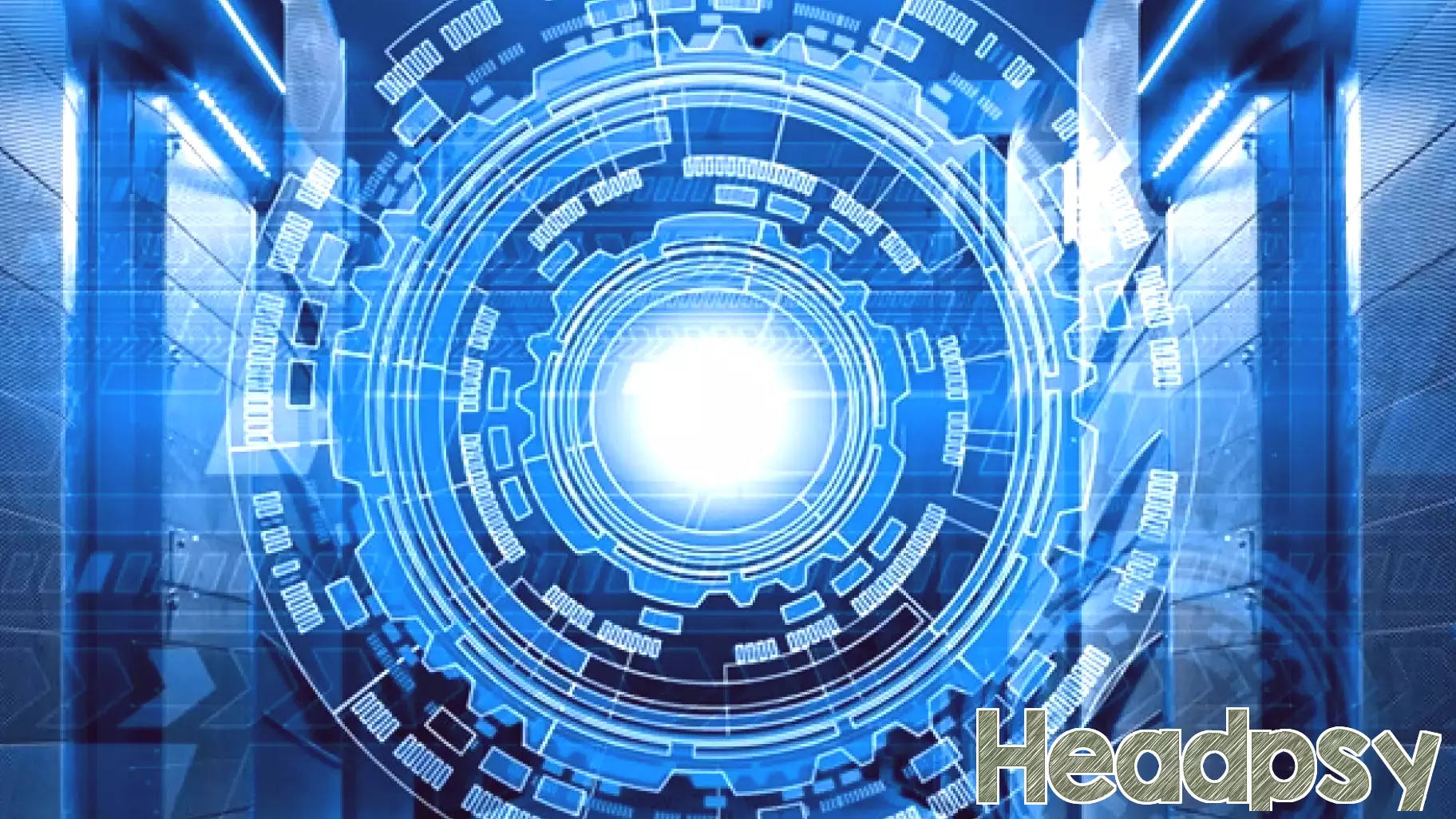The Rise of Intimate Relationships Between Humans and AI
April 12, 2025 - 21:56

It's becoming increasingly commonplace for people to develop intimate, long-term relationships with artificial intelligence (AI) technologies. As these relationships grow in prevalence, psychologists are beginning to delve into the ethical implications surrounding them. The integration of AI into daily life has led to a new paradigm where individuals form emotional attachments to virtual entities, raising questions about the nature of love and companionship.
Experts are concerned about the potential impacts on human psychology and social dynamics. The ability of AI to simulate empathy and understanding can create a false sense of intimacy, which may lead individuals to prioritize these relationships over real human connections. This shift could affect mental health, social skills, and emotional well-being.
Moreover, ethical dilemmas arise regarding consent, autonomy, and the responsibilities of AI creators. As technology continues to evolve, the need for clear guidelines and ethical frameworks becomes essential to navigate the complexities of human-AI interactions. The ongoing exploration of these issues will be crucial in shaping the future of relationships in an increasingly digital world.
MORE NEWS

February 21, 2026 - 01:50
Why Babies Are CuteHave you ever wondered why a baby`s face seems to command your attention and care? The answer lies in a powerful evolutionary design. Specific features like large eyes, round cheeks, and a small...

February 20, 2026 - 13:07
Love Eternal’s Uncanny Mix of Precision Platformers and Psychological HorrorThe indie gaming scene continually pushes boundaries, and the upcoming title Love Eternal is a striking example. It fuses the demanding skill ceiling of a precision platformer with the unsettling...

February 19, 2026 - 20:44
Hyperphantasia: When Imagination Is as Vivid as Real LifeFor most, imagination is a gentle whisper of images and ideas. For those with hyperphantasia, it is a roaring, full-sensory experience. This condition represents the extreme upper end of the...

February 19, 2026 - 03:54
What Happens Inside Prof. Frances Frei’s Office HoursWhat happens when leaders drop the performance and bring their real problems? A weekly ritual in trust, candor, and disciplined thinking offers an answer. For years, Professor Frances Frei has...